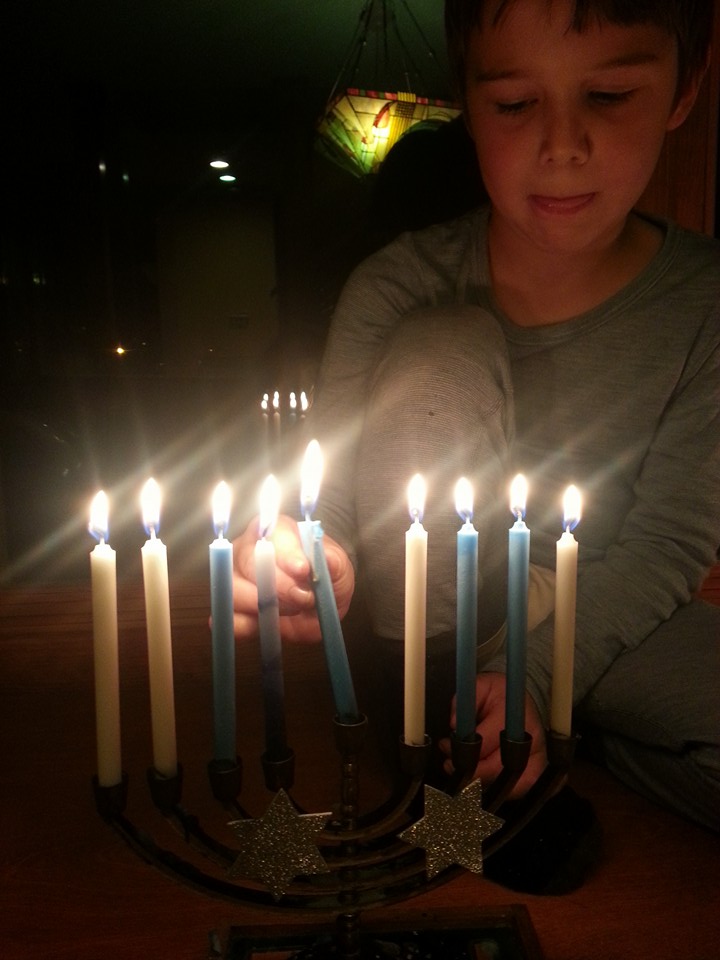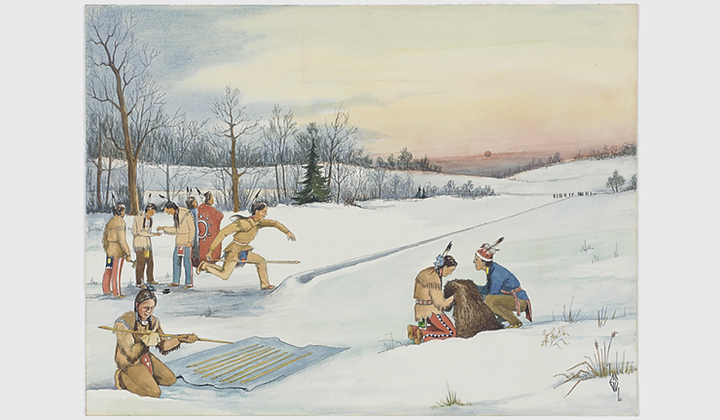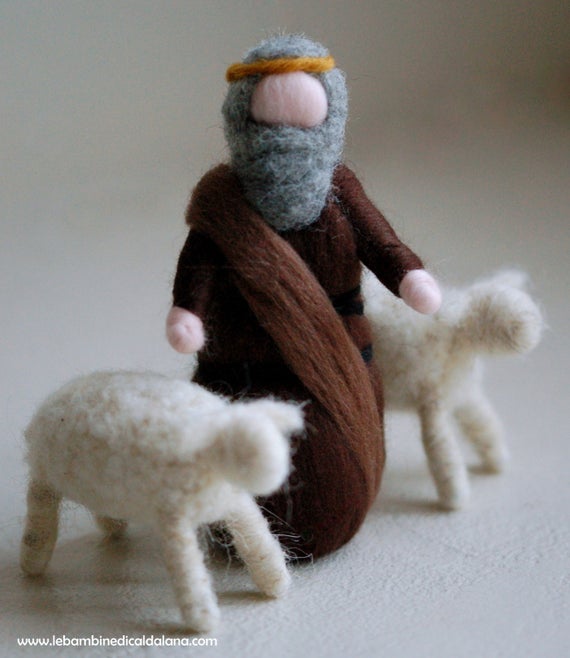December 22, 2019
That’s what Hanukkah is about: trying to survive the darkness on the far-fetched hope there’s still some life and light left in the universe. It’s more than just a religious story. The days have been growing shorter, imperceptibly but inescapably darker…. Heading into the night of the winter solstice, every spiritual tradition has some kind of festival of light. We’re all just whistling in the dark, hoping against hope that someone up there will see these little Hanukkah candles and get the hint. — Lawrence Kushner

Today’s Living Arts Weekly celebrates light in the darkness. Today is the first day after the Winter Solstice, the shortest day of the year. This week, faith communities around the world celebrate the return of the light. Warm holiday wishes to all of our LifeWays friends — we feel blessed to have you as part of our community. Please keep shining your light — the world needs it.
Peace and blessings to all,
From all of us here at LifeWays North America
Hanukkah
Happy Hanukkah to all of our friends who celebrate it! Nothing quite celebrates light as beautifully as the lighted menorah.
The Dreidel Game
Playing the dreidel is a traditional Hanukkah game played in Jewish homes all over the world, and rules may vary. Dreidels have four Hebrew letters on them and they stand for the saying Nes Gadol Haya Sham, “a great miracle occurred there.”
Directions
1. Any number of people can play the game.
2. Each player begins the game with an equal number of game pieces (about 10-15) such as pennies, nuts, chocolate chips raisins, or matchsticks.
3. At the beginning of each round, every participant puts one game piece into the center pot. In addition, every time the pot is empty or has only one game piece left, every player should put one in the pot.
4. Every time it’s your turn, spin the dreidel once. Depending on the outcome, you give or get game pieces from the pot:
a. Nun means nothing in Yiddish, so the player does nothing
b. Gimmel means everything in Yiddish, so the player gets everything in the pot.
c. Hey means half in Yiddish, so the player gets half of the pot. If there is an odd number, the player takes half of the total plus on.

Native Solstice Traditions
This December, Smithsonian magazine asked some Native friends to share traditions they’ve learned and celebrated about the winter solstice. Their answers highlight winter as a time for storytelling. You can read about Native people’s storytelling traditions here.
Christmas

The night of December 25th, the date to which Christmas was ultimately assigned, was exactly that of the birth of the Persian savior Mithra, who, as an incarnation of eternal light, was born the night of the winter solstice (then dated December 25th) at midnight, the instant of the turn of the year from increasing darkness to light.
For our friends who have been following along with Sharifa Oppenheimer’s winter stories, we culminate with the Christmas story. Full of light and love and delightful rhyme, this story is sure to bring joy to the little ones.
Christmas Story
Once upon a time, on a cold and snowy winter day, an old man and young woman started out on a long winter journey. Their little sweet donkey carried their bags upon her back and so, they trudged up and down one snowy hill after another. After they had gone a long way, the young woman said “Oh, my I am so tired, I don’t think I can go any further!” But the old man replied “Never mind, my dear, I will carry our bags and the donkey can carry you.”
Mother and Father walk uphill and down
Uphill and down, to the little town.
Mother on donkey all shaggy and brown
Father beside her with staff smooth and round.
Uphill and down, uphill and down
To the little town.
Finally, as the sun began to set, they saw in the distance the twinkling lights of the town. Soon, they came to a small inn on the outskirts of town. The old man said, “Here we are, my dear, I am sure we will find a bed so we can rest and sleep.” He went to the door of the inn and knocked, asking for a place to sleep.
Knock, knock, knock at the door
“Is there room here to sleep,
On the bed, on the floor?”
But the innkeeper said
“No, no. No room at the inn
I have no room to let you in.”
So they went on their way through the snowy dusk, looking for a place to sleep. At each inn they said,
Knock, knock, knock at the door
“Is there room here to sleep,
On the bed, on the floor?”
But each innkeeper always said,
“No, no. No room at the inn
I have no room to let you in.”
Finally they came to the last inn at the edge of town, and again they asked,
Knock, knock, knock at the door
“Is there room here to sleep,
On the bed, on the floor?”
Again this innkeeper said,
“No, no. No room at the inn
I have no room to let you in.”
But now the innkeeper looked at the young woman’s face and saw how very tired she was. And so he said,
“But, my animals live close-by in a stable
It has no bed, no chair, no table
Upon the floor is straw and hay
There I’ll gladly let you stay.”
They were so happy to have a roof over their heads, they went right into the stable. The old man made a soft bed of sweet-smelling hay for the young woman. Although the friendly animals came close to her, their warm bodies and breath were not quite warm enough.
So, the old man began a fire to build
For the air was cold and chilled
And to them this wintry night
Soon, very soon would come
The Child of Light.
On the hillside close by, shepherds were tending their sheep, preparing them to go to sleep. When the sheep were cared for, the shepherds lay down and slept as well.
Stars shone bright and brighter still
Shepherds slept upon the hill
But to them this wintry night
Came an angel dressed in white
The angel sang:
“Shepherds, wake this holy night
Shepherds, seek the Child of Light.”
Shepherds shake their drowsy sleep
from this night filled with dreams so deep.
To them, again, this wintry night
sang the angel dressed in white:
“Shepherds wake this holy night
Shepherds seek the Child of Light.”
Finally the shepherds woke up! The first one said,
“Child of Light, this holy night?
A bottle of milk I’ll take”
The second one said,
“I’ll take some flour, to bake a cake.”
The third one said,
“I’ll take soft wool, for a pillow to make.”
So, they set off singing through the snowy hills.
“We have heard the angels bright
Singing in this holy night
Now we go to seek the Child
Little baby meek and mild.”
Away they went, singing and dancing up hill and down, uphill and down. Finally they saw a bright golden star shining in the cold night, and below it was a humble stable. They could see a rosy golden light pouring out from between the cracks in the stable walls, so the snow glittered in crystals. They went and knocked upon the door.
“Open up the door we pray
Shepherds we are from far away!”
When they went inside they saw that all of the golden light was shining from a new little baby that had just been born! They brought their birthday gifts:
The first one said, “I beg you this milk to take.”
The second one said, “I brought some flour to bake your cake.”
The third one said, “I brought soft wool, for a pillow to make.”
The old man and the young woman, the warm and friendly animals and even the stars were so happy to welcome the shepherds! They all sat by the fire and smiled and smiled at the new little baby, who had come from so far above, down to the earth below.
A child is born, and by this birth, a rosy glow spreads over the earth.
(Sharifa’s note: “This is an adaptation of a circle-game offered by Janet Kellman many, many years ago. Janet’s words are indented in verse. Many thanks Janet for inspiring decades of children’s Christmas dreams!”)
Sharifa Oppenheimer is the author of Heaven on Earth: A Handbook for Parents of Young Children and What is a Waldorf Kindergarten. She taught young children for 35 years and now loves teaching adults through the LifeWays trainings. She also travels offering lectures which explore the ways in which the latest findings in brain research support Steiner principles. Sharifa lives with her husband in an enchanted forest in Virginia, and is the mother of three grown sons, who were raised within the Waldorf tradition.